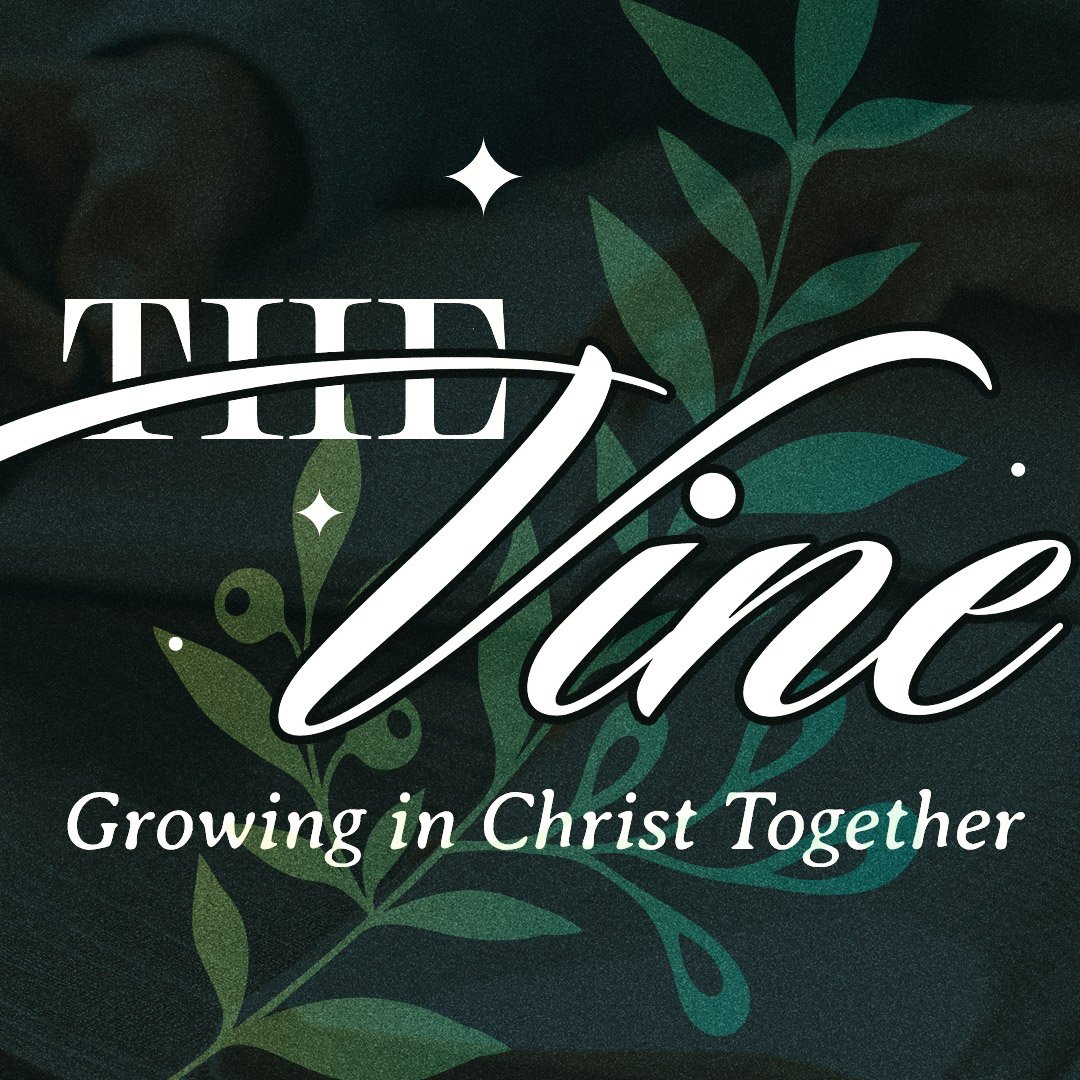The Vine: Nov. 11, 2024
“Abide in me as I abide in you. Just as the branch cannot bear fruit by itself unless it abides in the vine, neither can you unless you abide in me. I am the Vine, you are the branches. Those who abide in me and I in them bear much fruit, because apart from me you can do nothing”
This is a weekly reflection on the previous week’s sermon text. Each week there will be a devotional related to the scripture for the week, along with questions for reflection/discussion, as well as prayer. Feel free to make this a part of your individual spiritual growth throughout the week or utilize in small group settings (growth groups, Sunday school, etc.)
“The days are surely coming, says the Lord, when I will make a new covenant with the house of Israel and the house of Judah. It will not be like the covenant that I made with their ancestors when I took them by the hand to bring them out of the land of Egypt – a covenant that they broke, though I was their husband, says the Lord. But this is the covenant that I will make with the house of Israel after those days, says the Lord: I will put my law within them, and I will write it on their hearts; and I will be their God, and they shall be my people. No longer shall they teach one another, or say to each other, ‘Know the Lord,’ for they shall all know me, from the least of them to the greatest, says the Lord; for I will forgive their iniquity, and remember their sin no more.”
Jeremiah was a prophet who lived during the late 7th and early 6th century B.C. A prophet was a “messenger from God”, and often prophets were called to say difficult things on behalf of God to the community.
In Jeremiah 1:4-8 we read about Jeremiah’s initial calling: Now the word of the Lord came to me saying, “Before I formed you in the womb I knew you, and before you were born I consecrated you; I appointed you a prophet to the nations.” Then I said, “Ah, Lord God! Truly I do not know how to speak, for I am only a boy.” But the Lord said to me, “Do not say, ‘I am only a boy’; for you shall go to all to whom I send you, and you shall speak whatever I command you, do not be afraid of them, for I am with you to deliver you,” says the Lord.
From that point on Jeremiah did as God commanded, and the road was anything but easy, however God stuck with Jeremiah and Jeremiah stuck with God. The people did not enjoy being held accountable for their rampant idolatry, worship of other gods, and social injustice. God warned the people of the impending captivity at the hands of the Babylonians if they did not change their ways, and sure enough, that is exactly what happened. They did not uphold their end of the covenant relationship with God.
Despite all the doom and gloom, there was still a ray of hope found in Jeremiah 30-33 (known as the “Book of Comfort”). Our passage today is a part of that “Book of Comfort” and is a reminder that while the situation looked hopeless at best, God was still with the people and there would be a future. God made a covenant to never completely abandon the people and once again doubled down on that promise by saying, “I will be their God, and they will be my people.”
I can see why this section of Jeremiah is referred to as the “Book of Comfort”. It is comforting to know that God claims each one of us as God’s children, and that our ultimate allegiance is to nothing else but God. In Christ, God reinforced the promise that nothing can separate us from God. I like how Paul said it in
Romans 8, “For I am convinced that neither death, nor life, nor angels, nor rulers, nor things present, nor things to come, nor powers, nor height, nor depth, nor anything else in all creation, will be able to separate us from the love of God in Christ Jesus our Lord.”
PRAYER
Gracious God, we thank you today for being our God and always upholding your end of the covenant you have made with us. Just as you promised to be our God, we promise today to be your people and place our faith and trust in you alone. Thank you for the gift of today and one another. Amen.
Questions for Reflection:
Have you ever had to speak a difficult truth to someone you love? Has someone ever spoken a word of truth in love to you? How did you respond to being held accountable?
Jeremiah was called to a difficult life as a prophet. Sometimes God calls us to difficult tasks and situations. How have you responded to these calls in your life?
What is the significance of God’s promise to forgive iniquity and remember sin no more? How have you been able to internalize forgiveness in your life?
God promised to write the law on the hearts of the people. What does this imply regarding our relationship with God?
PREVIOUS WEEKS
To view all previous devotions go to https://fumc-rr.org/the-vine


